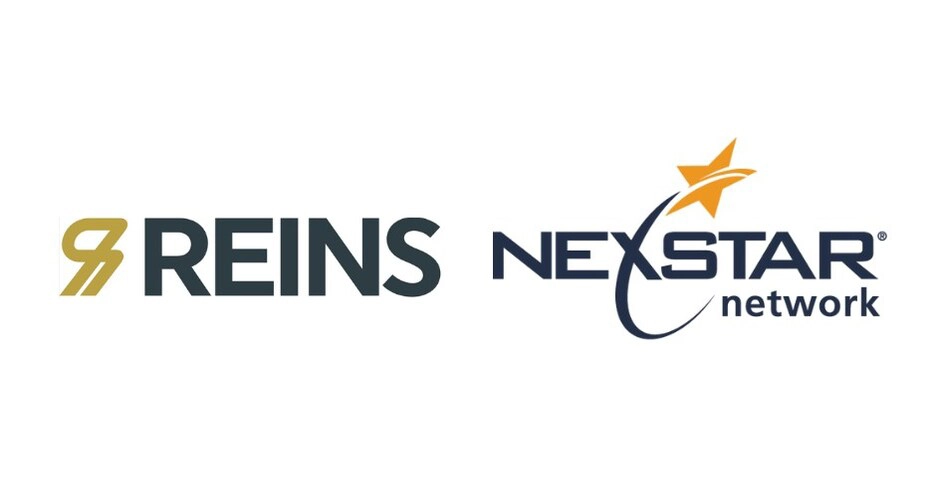Small business owners are facing an ongoing crisis. Chronic labor shortages continue to be a widespread economic challenge for a variety of industries, particularly the skilled trades.
It’s not all bad news, however. Today’s labor market is challenging, but the right retention strategy can help employers turn those challenges into opportunities. Successfully identifying and implementing a purposeful plan designed specifically for them, businesses may even establish a commanding long-term competitive advantage in recruiting and retaining key employees.
One common result of the labor crisis is extreme turnover, which has serious ripple effects. Inexperienced staff members are more likely to work slowly or make mistakes. Without experienced employees to serve as leaders and mentors, it takes longer for new team members to get up to speed. A lack of direction and motivation may lower morale. Lack of productivity and poor service diminish the customer experience and ultimately affect the bottom line.
On top of that, the hiring process itself is expensive. It takes time and personnel to recruit and train new employees. Employers who effectively and consistently keep skilled workers on their team can reduce employee turnover – and the significant costs and losses associated with it.
The tighter the labor market, the more urgent employee retention is. Keeping talented employees in key positions ensures consistent, streamlined operations and positive morale. Job searchers will start to recognize your company as a workplace where employees have opportunities to do meaningful work and advance their careers – giving you an edge in recruiting top new employees.
While multiple retention tools and strategies have been available over the years, one emerging solution is proving to be uniquely suited to address today’s workforce challenges. Phantom stock, or phantom equity, allows small business owners to extend an ownership-like stake to employees, giving them a meaningful interest in the company’s overall success and elevating the performance of key staff members.
What’s the right retention strategy?
There are many useful strategies for successful employee retention: flexible hours, opportunities for remote work, wellness initiatives, enhanced recognition and feedback, company outings, and additional training and career development options. The right strategy for any company depends on its specific goals, business structure and community. Additionally, the cost, complexity and tax implications can vary greatly.
Before committing to any plan, it’s important to consider its true value and costs. In-house training and career development opportunities, for example, can be attractive perks for employees. But there are costs attached to implementing and maintaining them. Be sure to closely compare the expected results with the expenses to ensure the company is coming out ahead.
Similarly, many workers thrive working from home or managing productivity with a flexible schedule. However, each of those incentives can be hard to monitor, opening them to potential abuse.
In the long run, there is a risk that basing your retention strategy on perks will result in complacent staff who are there primarily -- or only -- for the free smoothies or unlimited PTO.
Financial incentives are a proven and cost-effective strategy for keeping employees, particularly those with key roles and responsibilities that require critical skills. Bonuses and other incentives boost recruiting and retention, helping companies reduce turnover and maintain workforce stability.
Incentives tied to the company’s overall performance can be especially effective. They align the employee’s interest with the success of the business. They’re designed to motivate employees to think and act like owners and develop a strategic vision for growth and profitability – to give them skin in the game.
Stock option obstacles
Employee stock option plans are a traditional example of this category. They have been common among large corporations for decades. Small businesses, however, rarely have access to such financial programs. Most companies are structured as LLCs or S corporations – structures that aren’t conducive to the convenient implementation of stock options.
Even if LLCs or S corps wanted to offer traditional forms of equity, like stock options, their ability to do so would be limited.
For those companies, implementing and maintaining other categories of bonus plans may take too much effort and expense. Researching all the possible options, identifying the right plan for their employees, executing that plan, and continually monitoring it are major investments of time and energy. Hiring a full-scale financial service to handle the job will be quicker and easier, but the cost may exceed the plan’s value in the long run.
Historically, small business owners have largely been limited to cash payments in the form of performance, holiday, referral and other lump sum bonuses. Those can be incredibly valuable retention tools. To truly succeed, however, they usually must be part of a wider strategy, which can challenge the time and budget constraints of small businesses.
Increasingly, small business owners are looking for affordable ways to amp their retention rates with financial incentives similar to the ones that large corporations have enjoyed for so long. How can they see the same results that enterprise companies have benefited from for years?
Cost-effective enterprise-level benefits for small businesses
The growing category of phantom equity plans allows small business owners to share interest in their company with employees in innovative and cost-effective ways. It’s a win-win situation. Phantom stock provides unprecedented long-term value for both parties.
Phantom stock is an increasingly popular and affordable complement to traditional profit-sharing concepts. With a phantom stock plan, employees have a stake in the potential success of the company without having actual equity or shares. Phantom stock is a promise to pay a cash bonus equal to the value of a certain number of company shares, typically paid out after a set time frame or in response to a trigger event, such as retirement or the sale of the business.
They’ll have the same interest in the company’s overall success as employees participating in profit-sharing, with the expense deferred and spread out. Participants won’t earn regular dividends, but they could share in the profits. They won’t have voting power like stock owners, but they’ll have a tangible motivation to perform at the highest level. They’ll also have a reason to remain at the company long-term.
One advantage of phantom stock and other equity-based incentives for small businesses is value. A phantom equity provider can help small business owners identify the right plan for their company. With our proven strategies and solutions, experts can keep a company’s benefits competitive with those of larger companies so you can attract and retain the talent you need to stay ahead in your market.
A growing number of owners are reaching the age where retirement, succession and legacy are prime concerns. Phantom stock positions those owners to plan the perfect exit – and gives employees a tangible financial motivation to help the company succeed.
Innovation for sharing equity has typically been limited to large corporations. Long-term employee retention is a critical, ongoing issue that is having real effects on the lives of small business owners across the country. Phantom stock plans bring enterprise-level innovation to those small businesses that are the backbone of the American economy.
Chris Buttenham is co-founder of Reins, a pioneering technology firm founded in 2023 dedicated to empowering small businesses through modern equity solutions. Reins’ proprietary solution, the Modern Agreement for Rewards and Equity (MARE) program, was built by attorneys and is customizable to meet each business owner’s needs. Contact Chris at (725) 213-4213.




